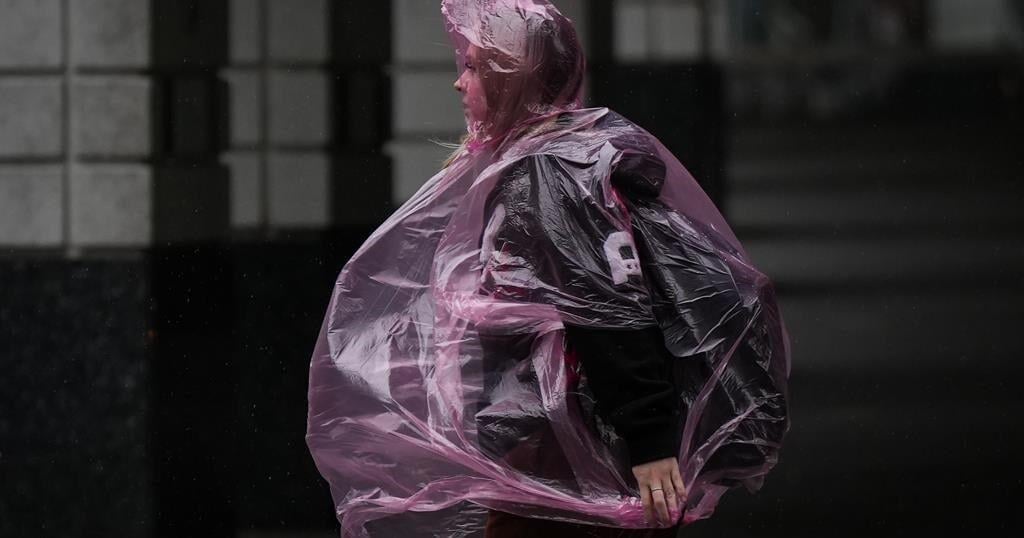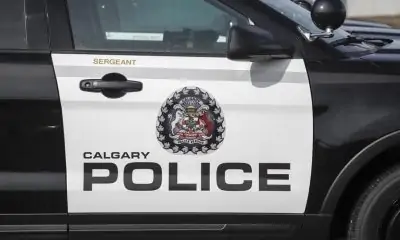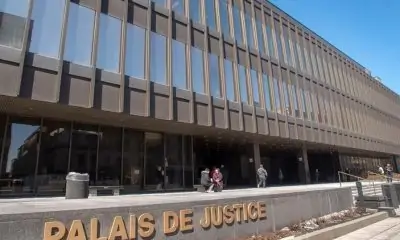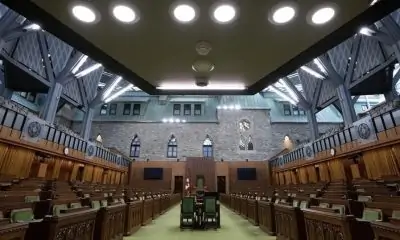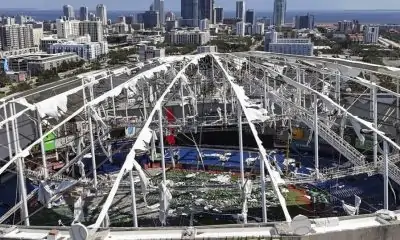EDMONTON – Adebayo Chris Katiiti, jailed for being a transgender man in Uganda, was brutally beaten as a child for wearing his brothers’ clothes.
He says moving to Alberta in 2016 saved his life.
“I found home in Edmonton,” said Katiiti, 29, a therapist and life coach who works with the LGBTQ+ community.
“In Canada, I was able to access gender-affirming care, create a community, a family, and … create environments that are safe, where people can be themselves.”
But in October, and for the first time since he arrived in Canada, Katiiti said he began to feel like his safety is in jeopardy again.
That’s when Alberta’s United Conservative Party government introduced three bills that would affect transgender people.
On Wednesday, when Transgender Day of Remembrance is recognized around the world, harmful effects of Alberta’s proposed legislation are set to be highlighted during an evening event in Edmonton.
Katiiti is helping to organize the memorial.
If enacted, the bills would restrict transgender athletes from competing in female amateur sports, prohibit doctors from treating those under 16 seeking gender-affirming surgeries, and require children under 16 to have parental consent if they want to change their names or pronouns at school.
Critics have called the proposed laws the most restrictive in Canada. Amnesty International and LGBTQ+ groups have condemned the measures.
Premier Danielle Smith has said the proposed legislation is part of an effort to keep children safe and that parents need to know what’s going on with their children.
Katiiti said many in Alberta’s transgender community don’t agree with the premier.
“The bills that have been tabled here in Alberta continue to suffocate and jeopardize the lives of trans individuals. The bills perpetuate stigma,” he said.
“That’s why so many trans people are in isolation, don’t want to come out. We are here having a government, who’s supposed to protect us, passing laws that give voices and space to groups to attack our people.”
At the Edmonton remembrance event, a list is to be read of about 419 transgender people who died from violence or suicide in recent years around the world. One was stoned to death, another burned alive. One was 14 years old.
Through tears, Katiiti said two people on the list — one a friend — were Albertans who died in 2022.
Allison Hadley, a transgender woman in Edmonton, is set to read out some of the names.
She said she’ll also be speaking about the Alberta bills and how they further isolate her and those in the province’s transgender community.
“A lot of our communities’ siblings have their lives cut short for just wanting to exist in a normal way, and I can’t not take that personally because it’s very close to home,” she said.
“If we can’t play sports, then I stay home. If we can’t access health care, we stay home and we die.”
This report by The Canadian Press was first published Nov. 20, 2024.





